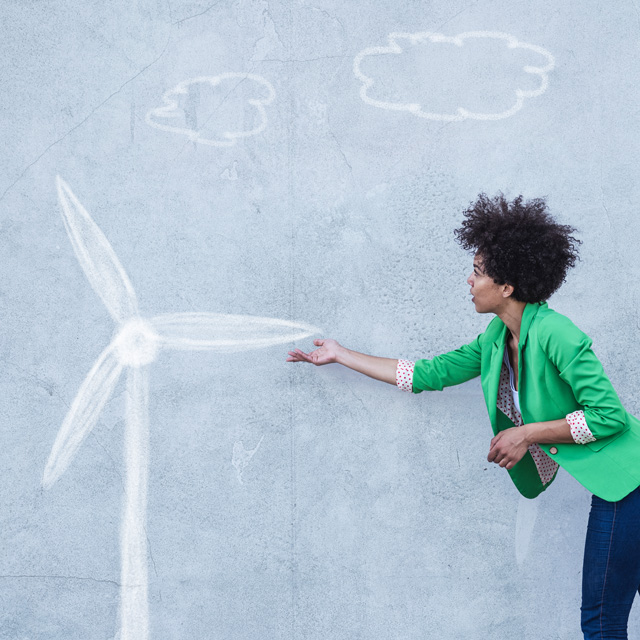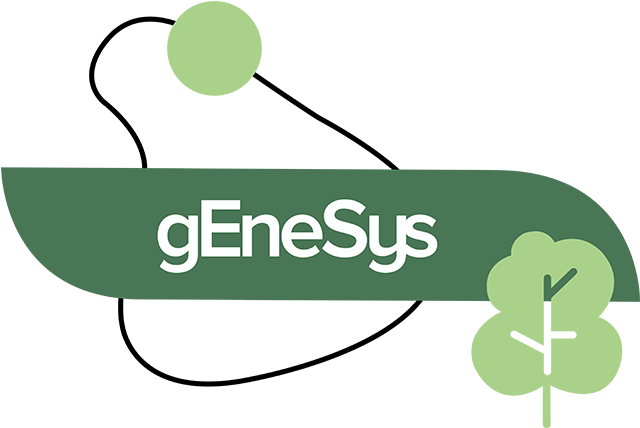How To

Here you will find evidence that will be regularly updated from 1) the analyses conducted by the gEneSys team; 2) examinations by collaborating experts; and 3) results from webinar discussions with ‘sister’ initiatives.
gEneSys Gender & Energy Toolkit
The gEneSys project is pleased to announce the availability of the Gender & Energy Toolkit which forms part of deliverable D3.4.
This easy-to-use toolkit helps trainers, funders, and researchers make energy projects fairer for everyone. It shares simple steps and real examples on how to include women’s voices and needs in clean energy work—like solar power or policy planning—so transitions benefit all communities, not just some.
The toolkit is available on GitHub, here.
We welcome your feedback on the toolkit, please email us at genesys@irpps.cnr.it.
Promoting inclusive knowledge production to enable a just energy transition: the gEneSys project R&I workforce survey
The gEneSys project survey recently concluded its R&I workforce survey.
The energy industry is currently undergoing a profound transformation where Research & Innovation (R&I) plays a critical role. The success of the current energy transition relies heavily on the skills and motivation of the sector’s employees working in knowledge production roles.
The EU gEneSys project invited people to pariticipate in a survey concerning the working environment in which energy knowledge producers operate. The survey built upon the recent study commissioned by CINEA, European Climate, Infrastructure and Environment Executive Agency, to help the European Commission improve the role of women in the energy transition.
The survey targetted researchers, technicians, experts, academics, practitioners engaged in scientific and technological knowledge production for the energy sector. The survey aimed to gauge employees’ overall job satisfaction and assess the organisational culture, work-related quality of life and collaboration dynamics.
The collected data will be used to create project reports and scientific publications, accessible to the public on the gEneSys project website. Moreover, the analysis of survey results will contribute to a policy brief supporting inclusive knowledge production for a just energy transition.
Survey results will be published in due course following a period of analysis.
Analyses by the gEneSys team
Research at the nexus of gender and energy transition 1) review of the state of the art; 2) gaps in the available literature; and 3) policy recommendations from the research.
Integrating gender into the 400 SSH energy transition priority research questions: 1) applying gendered innovations methods; and 2) deploying available EU strategies, programmes, and events.
Barriers to achieving gender parity in energy: 1) what are the best predictors of the share of women; 2) what are best measures to tackle gender-related biases in renewable energy sectors.
A gendered assessment of EU policies for sustainable energy system - results of a comparative policy analysis of the National Recovery and Resilience Plans (NRRPs) elaborated by all the EU member states to map out and compare how the different countries have incorporated provisions concerning the ‘green deal’, gender equality, and the mission to achieve the energy transition. The comparison has paid special attention to whether and to what extent gender equality, diversity, and inclusion have been accounted for, highlighting the dimensions in which gender mainstreaming needs to be strengthened.
Examinations by the collaborating experts
Energy Justice—The First Step in an Energy Decision Today, Raphael Heffron
This book explains that the first step in any energy decision today should be how to factor in energy justice. This will have the result of ensuring that there is a just outcome for society. One powerful effect of placing energy justice at the forefront for all decision-makers will be that it can balance the 3Rs which are ‘Risk, Reward, and Responsibility’.
Energy Transition, Financing Consumer Co-Ownership in Renewables, Jens Lowitzsch
This book shows why consumer (co-)ownership in renewable energy (RE) is essential to the overall success of energy transition. Through national case studies it explains the need and challenge to include municipalities and/or commercial investors like SMEs in advancing economies of scale while retaining the benefits of individual consumer participation.
This report summarises two days of expert discussions and lists recommendations for policy makers and the scientific communities on what actions are needed to advance energy transition in different African countries and contexts.
Webinar discussions with ‘sister’ initiatives
gEneSys + the DG CINEA study on gender balance in energy transition R&I
This webinar shared new research findings on gender balance in energy sectors and gender relations in energy transition ecosystem. It engaged experts and practitioners in the consultation on the mechanisms for achieving outcomes in energy transition that contribute gender equality, justice, fairness, and sustainability benefits.
Forthcoming webinars
If you have ideas for additional joint webinars, or wish to participate in the webinars listed above please email genesys@irpps.cnr.it. You may also join our LinkedIn group to receive updates with further inormation on upcoming webinars.

